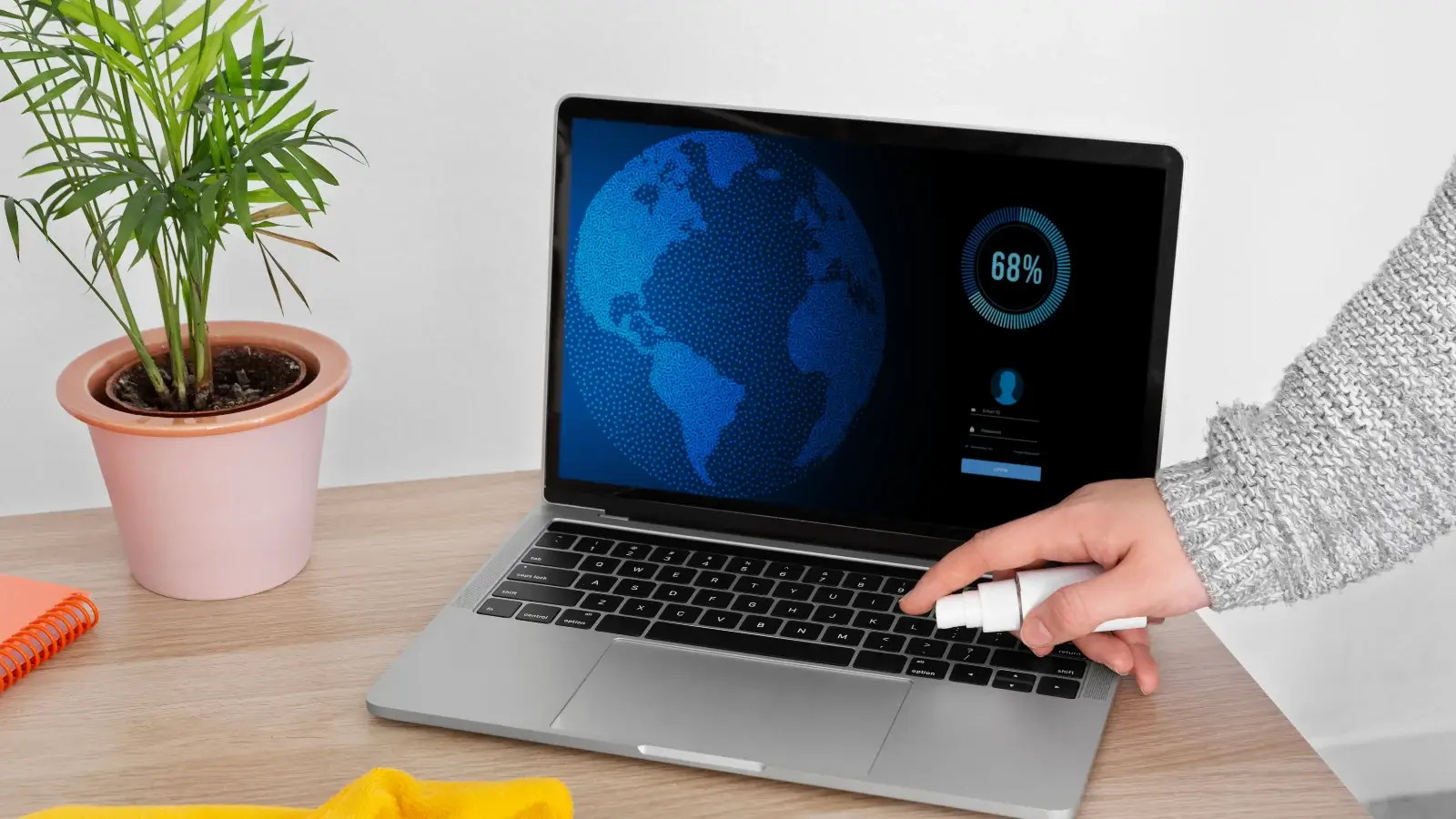


Press freedom and surveillance are common these days!
Maintaining the confidentiality of journalistic work has become difficult. Whether you're a field reporter in a politically sensitive region or an investigative journalist working remotely, protecting your digital footprint is most important. The blog discusses how VPNs allow private journaling and reporting, empowering journalists to bypass censorship, secure their communications, and preserve the integrity of their work.
Governments in various regions are cracking down on press freedom, imposing digital censorship, monitoring online activity, and blocking access to platforms deemed hostile. For journalists, this doesn’t just affect publishing but their survival.
Modern journalists often rely on cloud-based tools like Google Docs, Evernote, and encrypted note-taking apps to collect information, draft reports, and store sensitive data. While these platforms offer convenience, they also expose reporters to vulnerabilities, especially in jurisdictions with aggressive surveillance programs.
A VPN is like a secure tunnel between a device and the internet. When activated, it encrypts your internet traffic and hides your IP address, making it harder for ISPs, governments, or malicious actors to trace your online activity.
This anonymity and privacy management helps journalists stay safe in these ways:
In countries such as China, Iran, or Russia, access to popular social media platforms, news websites, and cloud services is often restricted or blocked. Using an Android VPN on your mobile device lets you route your internet connection through servers in free-speech-friendly countries, allowing you to bypass censorship. For journalists covering global stories from restrictive regions, having an Android VPN on your mobile is a crucial way to stay connected, work securely, and report from anywhere.
Even if your cloud service encrypted stored content, the connection between your device and the service can be monitored. A VPN provides a layer of encryption, ensuring that your investigative notes, interview transcripts, and unpublished drafts remain private from prying eyes.
Whether you're using email, VoIP, or messaging platforms to connect with sources, a VPN ensures your communications remain confidential. If you are a whistleblower or require anonymity, a VPN is the best fit for you.
Many journalists conduct pre-publication research on controversial topics. Without protection, these search histories could flag attention from authorities. VPNs anonymize browsing so that your digital footprints are not tracked.
There are many VPNs available in the market, but it is important to choose the one that is most effective for your journalism needs. Here are some features you must look for:
Free VPNs often come with trade-offs like data logging or slower speeds. Opt for a provider with a clear no-logs policy and robust encryption standards, such as PureVPN.
Journalists can bypass censorship easily if a VPN offers extensive server location with optimized speed. With PureVPN’s 6000+ global servers, journalists can effectively change their IP addresses disabling location tracking.
To disconnect internet access if the VPN drops unexpectedly, ensuring your traffic doesn’t leak, a VPN must provide a kill switch.
VPNs provide encrypted communication, secure passwords, and cautious online behavior. Also, reliable VPN, such as PureVPN helps you bypass censorship for free speech.
No. In some countries, such as China, VPN usage is restricted or banned. Checking local laws is always a good idea.
No. There may be a minor slowdown, depending on server location and load, but premium VPNs like PureVPN maintain high speed due to their optimized servers placed globally.
This is why choosing a trusted VPN provider with third-party audits and a strong reputation is essential. PureVPN is independently audited by KPMG to ensure compliance with data handling policies.
Governments tighten their grip on information mobility which affects the ability to journal and report freely. A VPN is a reliable tool to ensure press freedom. For journalists, sacrificing confidentiality is a risk. With the right tools and practices, your thoughts, notes, and investigations can remain secure, and, most importantly, free from coercion.